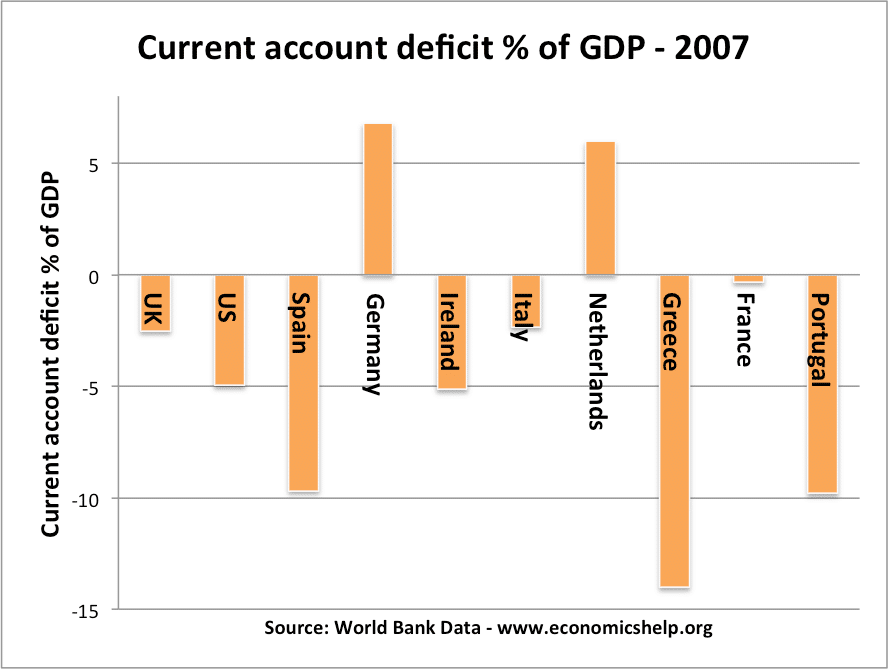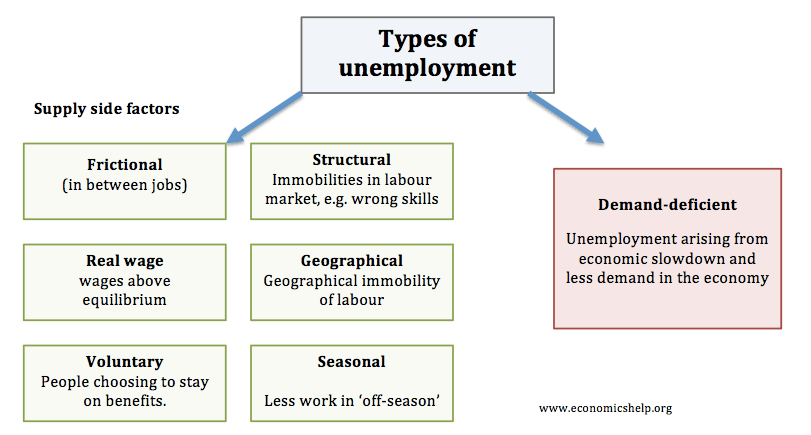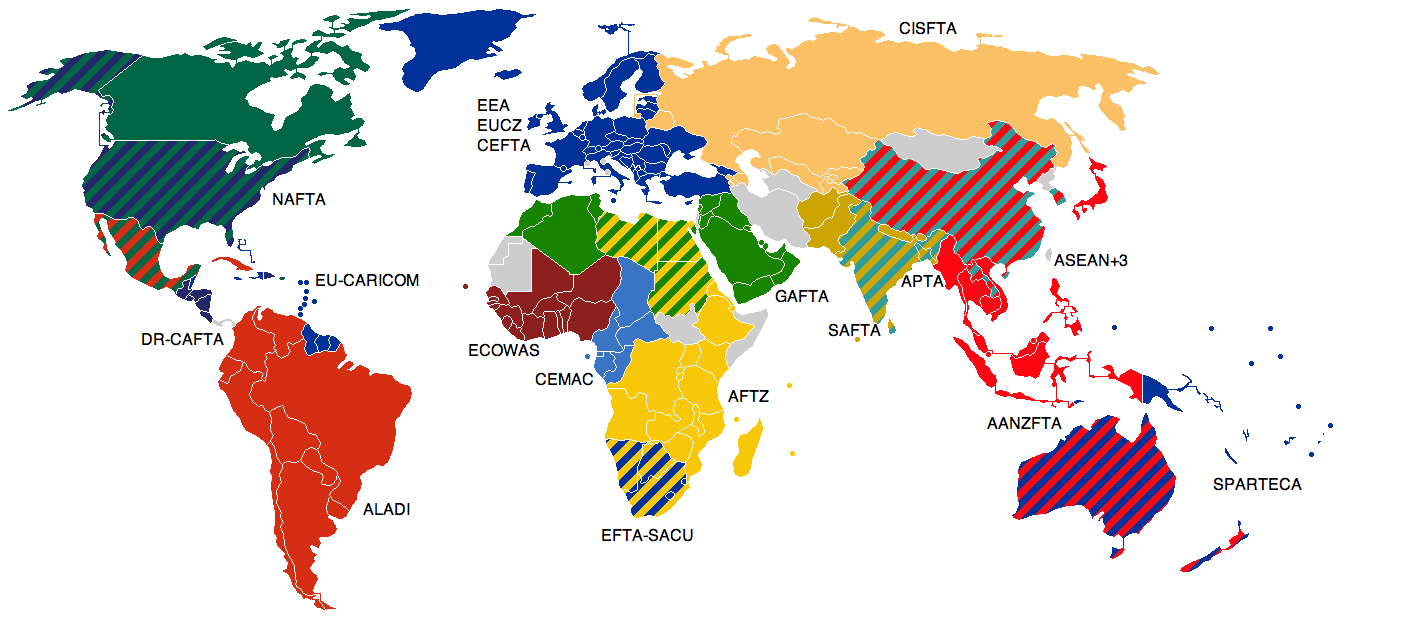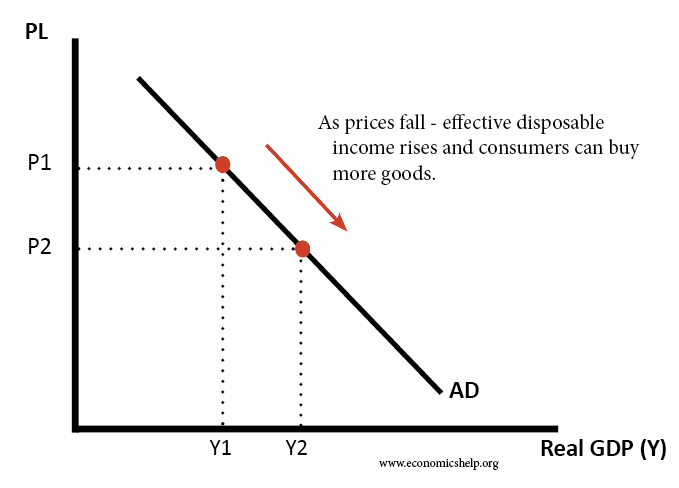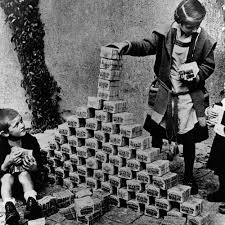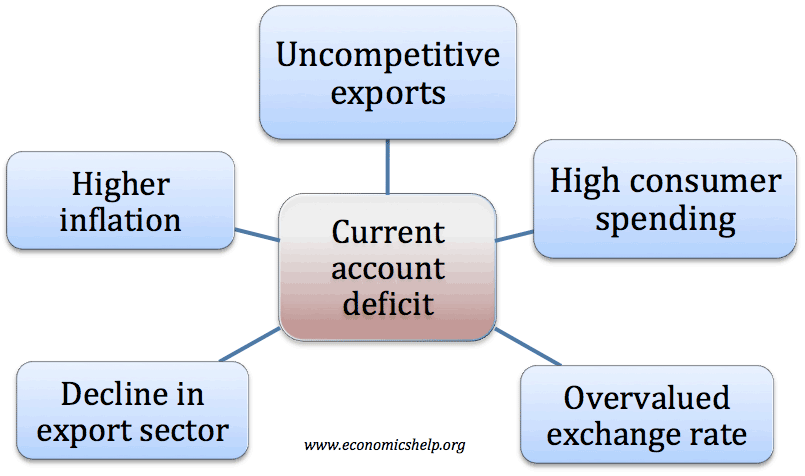Can a country leave the Euro?
Joining the Euro is supposed to be an irreversible decision. But, individual countries could always pass individual acts of parliament to leave the Euro. However, leaving aside all the political issues, there are many economic stumbling blocks. One problem is that countries generally would only consider leaving when there was a real economic crisis – …

